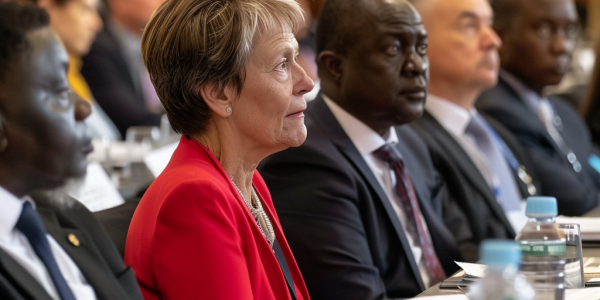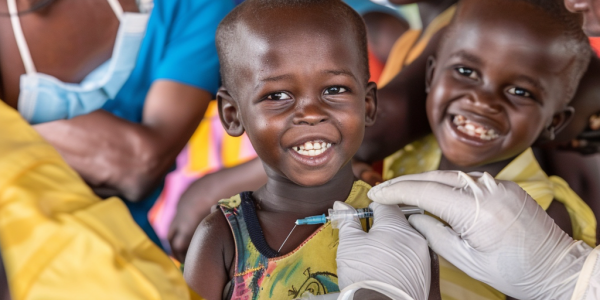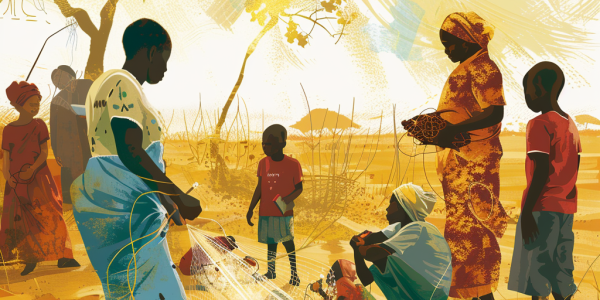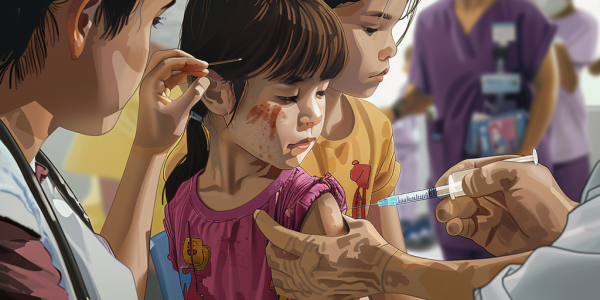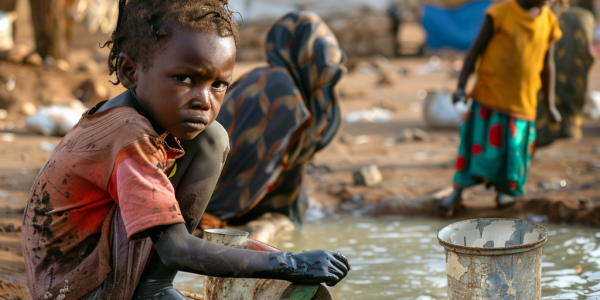WHO Refutes Misinformation on Election Cancellations Amid Bird Flu Outbreak
The World Health Organization (WHO) has refuted false claims circulating on social media that it ordered the cancellation of elections due to a bird flu outbreak. Misleading information from The People’s Voice suggested urgent lockdowns and election halts, but WHO officials confirmed these assertions are entirely false. The organization emphasizes the need for enhanced surveillance and accurate public health communication amid ongoing misinformation challenges.
Global Rise in Insufficient Physical Activity Among Adults
A recent study reveals that insufficient physical activity among adults has been increasing globally from 2000 to 2022, with a prevalence of 31.3% in 2022. This trend poses risks for various health issues, highlighting the importance of promoting physical activity to improve overall health and well-being.
Australia’s First Human Case of H5N1 Bird Flu Confirmed in Child Who Traveled to India
The World Health Organization confirms Australia’s first human case of H5N1 bird flu in a child who traveled to India. The child recovered after treatment, with no close contacts showing symptoms. Precautions are advised to prevent the spread of avian influenza.
Man in Mexico Dies from H5N2 Bird Flu, No Immediate Public Risk
A 59-year-old man in Mexico has died from the H5N2 bird flu, a strain never before seen in humans. While there is no evidence of human-to-human transmission, health officials are closely monitoring the situation to prevent any potential outbreaks. Vigilance is key in combatting zoonotic diseases like bird flu.
Global Leaders Gather in London to Discuss One Health Approach to Climate Crisis
Learn about the recent groundbreaking event hosted by PATH and the Commonwealth in London, focusing on the One Health approach to address the critical intersection of human and planetary health in the face of climate change. Global leaders and experts gathered to emphasize the urgency of taking action to prevent epidemics and pandemics, especially affecting vulnerable populations. Keynote speakers highlighted the need for a coordinated One Health approach that considers the interconnectedness of human, animal, and environmental health in tackling climate change impacts.
Uganda to Switch to New Malaria Vaccine for Children Under Five
Uganda is set to abandon the use of the first malaria vaccine, RTS,S (Mosquirix), in favor of the recently approved R21/Matrix-M vaccine for the immunization of children under five years old. The decision comes after the Health Ministry Division of Malaria Control revealed the country’s plan to initiate malaria vaccinations for young children starting in October. Learn more about Uganda’s switch to the R21/Matrix-M vaccine and its implications for combating malaria in the region.
Urgent Need for Research on Climate Change Impact on Neglected Tropical Diseases and Malaria
New research underscores the urgent need for further investigation into the impact of climate change on neglected tropical diseases (NTDs) and malaria. Rising temperatures and shifting weather patterns are altering disease distribution, posing significant threats to public health. The study emphasizes the importance of collaborative modeling to predict the consequences of climate change on malaria and NTDs, warning of potential shifts in transmission patterns. Immediate action is required to safeguard progress in combating these diseases and address research biases that disproportionately impact vulnerable communities.
WHO Releases New Strategic Framework to Enhance Prevention and Control of Mpox
WHO has released a new strategic framework to enhance prevention and control of mpox, a viral illness caused by the monkeypox virus. Learn about the symptoms, transmission, and global impact of mpox outbreaks, as well as the current outbreak in the Democratic Republic of the Congo.
WHO Prequalifies TAK-003: New Dengue Vaccine Marks Major Breakthrough
The World Health Organization (WHO) prequalified the innovative TAK-003 dengue vaccine, designed for children aged 6-16 in high-prevalence regions. With a two-dose regimen, TAK-003 joins the WHO list alongside CYD-TDV, expanding global vaccine accessibility. Dengue, a significant public health threat, affects millions annually, highlighting the importance of advancements in vaccine development.
WHO Warns of Deadly Hepatitis E Outbreak in Chad
The World Health Organisation (WHO) has issued a warning after an outbreak of Hepatitis E killed seven people in Chad, central Africa. More than 2,000 suspected cases have been reported, with the virus being prominent in the Ouaddai province due to an influx of refugees from Sudan. Doctors Without Borders has expressed concerns about the health risks posed to both refugees and host communities. Hepatitis E is highly contagious and mainly transmitted through contaminated water.





